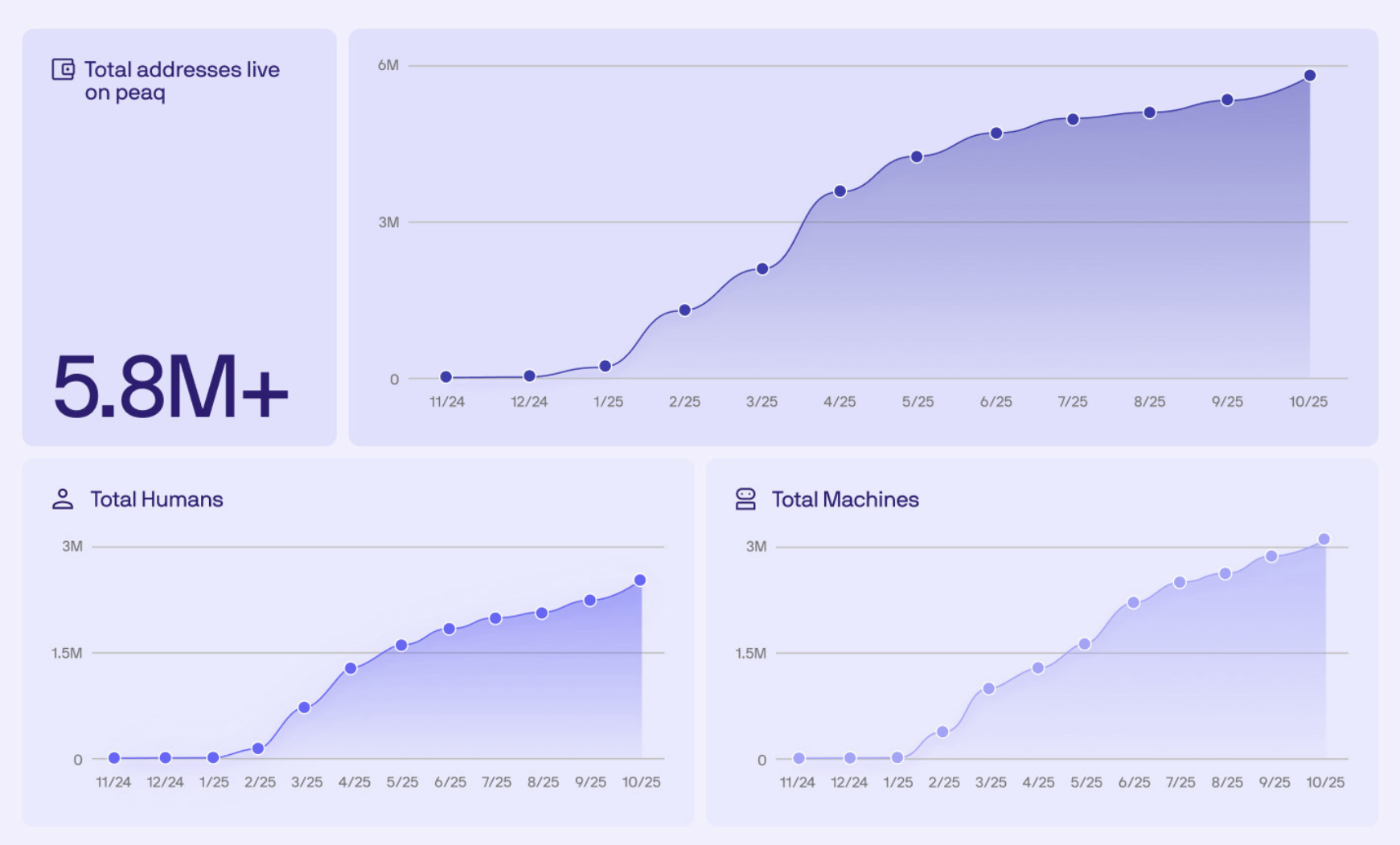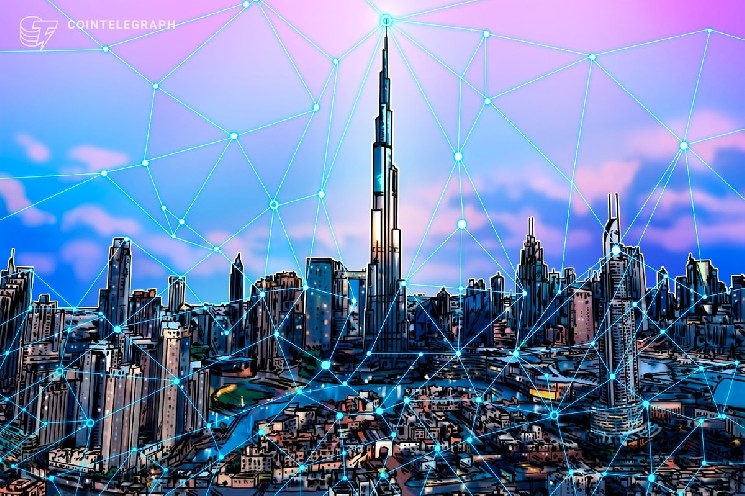[ad_1]
Decentralized physical infrastructure (DePIN) protocol peaq has signed a memorandum of understanding with Dubai’s Virtual Assets Regulatory Authority (VARA) to develop a regulatory framework for onchain robotics and tokenized machines.
According to a Thursday press release, the memorandum centers on peaq’s Machine Economy Free Zone, with additional areas of collaboration including guidance for projects seeking VARA licenses, joint training initiatives in technology and compliance, and data sharing to support research and regulation.
Launched in July, the Machine Economy Free Zone is a controlled environment to test how robotics and AI can function within decentralized networks.
Peaq co-founder Max Thake said that the agreement “represents an important commitment from both parties to bring the Machine Economy to life in a compliant way and enable people to participate, build and benefit from an entirely new economic sector.”

Humans and machines on peaq. Source: peaq.xyz
Peaq is a layer-1 blockchain for the machine economy, a network where connected devices and robots can own assets, share data and earn income. It underpins DePIN and tokenized real-world assets.
VARA is Dubai’s regulatory agency for cryptocurrencies and digital assets. Established in 2022, it oversees licensing, compliance, and policy for virtual asset businesses across the emirate.
The announcement came about a week after VARA formed a strategic partnership with DMCC, Dubai’s government-backed commodities and business free zone, to develop a regulatory framework for tokenized commodities.
VARA CEO Matthew White said the agency aims “to position Dubai as the global benchmark for the safe and sustainable growth of this next generation asset class.”
Related: Singapore, UAE are the ‘most crypto-obsessed’ countries: Report
Dubai and the UAE’s crypto push
Since its formation in March 2022 to oversee crypto and Web3 regulation, VARA has helped transform Dubai, and the wider United Arab Emirates, into one of the world’s leading digital assets and blockchain innovation hubs.
On May 19, VARA updated its rulebook for virtual asset service providers (VASPs) operating in the country, clarifying RWA issuance and distribution. With the new rules, people can issue RWAs and list them on secondary markets, according to United Arab Emirates-based law firm NeosLegal.
In August, VARA and the UAE’s Securities and Commodities Authority (SCA) formed a strategic partnership to sync their approach to regulating digital assets. Under the agreement, Dubai-based licenses will apply to the entire UAE.
On Sept. 22, the UAE signed the Multilateral Competent Authority Agreement under the Crypto-Asset Reporting Framework (CARF) to establish automatic tax information sharing on crypto assets between member countries. The Ministry of Finance said the framework will take effect in 2027, with the first data exchanges set for 2028.
Dubai and the UAE’s approach to digital assets has, unsurprisingly, attracted a migration of high-net-worth crypto investors. The UAE has become the leading destination for migrating millionaires, with around 9,800 expected to relocate there in 2025.
Chase Ergen, board member at crypto investment firm DeFi Technologies, predicts the crypto sector will grow into the UAE’s second-largest industry within five years.
Magazine: Crypto City: Guide to Dubai
[ad_2]

